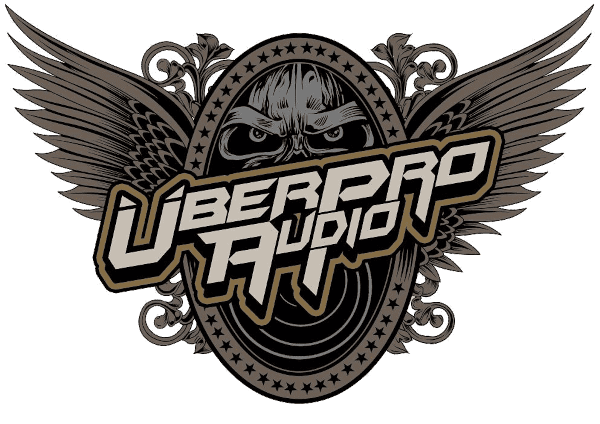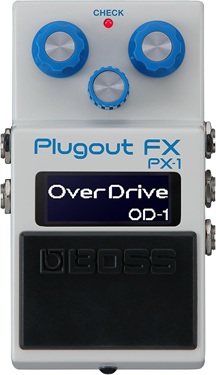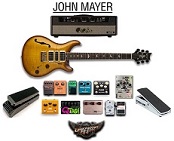One common area of confusion in the music recording world is Compression. In this article, I'll discuss compressors, compression, and my interesting and exciting experiences in the studio using it.
Universal Audio 1176LN Solid State Limiting Amplifier

Compression in the recording studio is one of the most valuable yet often misunderstood and overused tools in the studio. You wonder why your recording doesn't sound like more pro studio recordings. It just may be the lack of compression on some of your tracks. To get tracks that have an even level throughout, compression is often used.
So, what does audio compression do you ask? Well, there are many different aspects to compression, but to simplify it: Compressing an audio signal evens out the volume of the track. Ideally by tweaking the setting on your compressor you can make it sound as "transparent" as possible to the listener.
You can compress the audio signal at three different times (one to many) in the recording process. You can compress the signal as you are recording it live. You would do that by having a hardware compressor setup between your mic preamp and the input of your audio soundcard. Don't forget that if you are using the preamps that are built into the soundcard that you will need to have inserts or sends to be able to do this. The reason you would want to use a compressor here is because you can affect the signal before it actually gets recorded. The purpose is to optimize the audio signal for the recorder (probably your computer). You want to make sure all low volume parts actually have a strong enough level where they won't bring in noise later, and you also want to stop any loud "peaks" from overloading the recorder's input, which will ruin the track - especially in the digital world with ugly clicks and pops. You can decide to avoid compression here, if you are good at riding the gain or you have performers that understand how to position themselves with the mic. We'll discuss this technique in a later article.
The next place you can compress your audio is during the mix phase. Once you have a track recorded, you can then add compression. If you are doing all your recording with a computer, then you could use a digital compression plugin for instance. If you are doing analog recording, then you could run the track through a hardware compressor and record it back to tape. This is the phase I most often use a compressor. I'm not a big fan of using a compressor when doing the tracking if possible. I prefer to have the raw recording on the computer so I can then play with different compressors. If you compress on the way in, you are commited to that signal.
The last place you can compress the audio track is when you are doing the mixdown and/or the mastering. This means that you have all the tracks mixed down to one final track and you apply the effect to the entire mix. This is usually a good thing to have a mastering pro do - it can be delicate and hard for even the experienced engineer to do.. The goal is to increase the tracks overall volume and reduce pumping and volume difference between passages in the song. Over time CD's have been compressed more and more to make the tracks louder for the radio. This is something that most mastering engineers despise - it is something that has been brought about by record labels who want their track to sound louder compared to another CD's tracks. I'll discuss this in detail a later article.
So, how do we use compressors? There are a few things that you should know about when using a compressor. I'm not going to go too deep in detail. I really want you to get a compressor and play with it. I firmly believe you will never master compression unless you take the time to learn what works and what doesn't.
Click next below to go to page 2 of this article!



